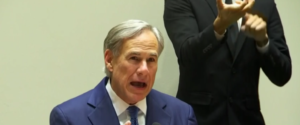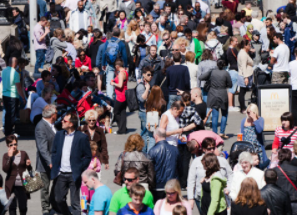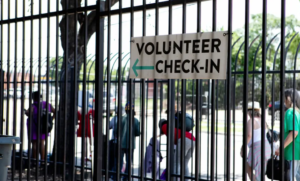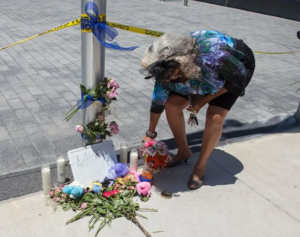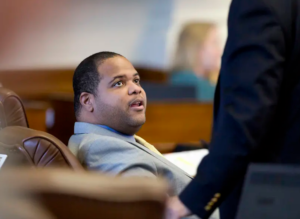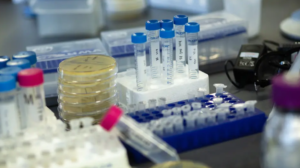Beyond the bench: A conversation with Gabriela Rosenblau
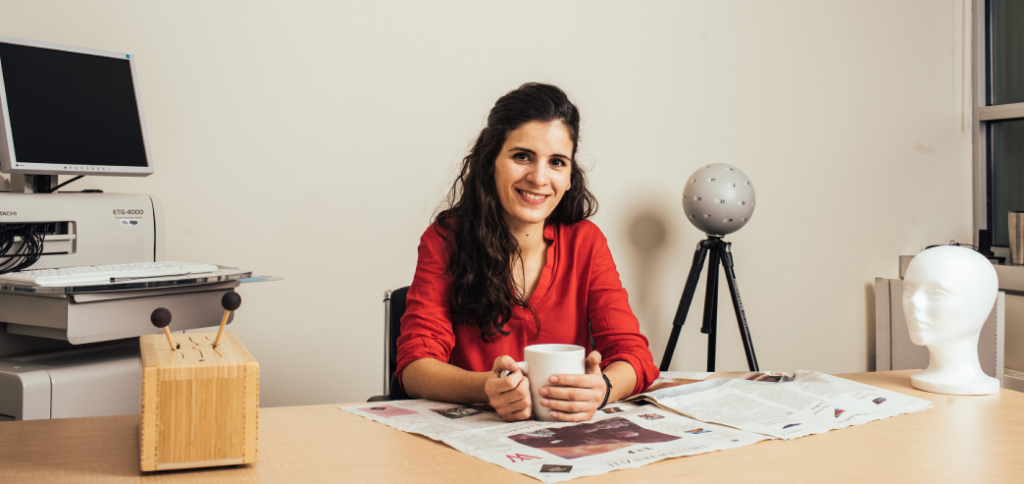
Trained in cognitive neuroscience, Gabriela Rosenblau is also an expert on a more mundane topic: office furniture.
When she was hired in August as assistant professor at George Washington University in Washington, D.C., the thrill of setting up her new lab was quickly flattened by an unexpected challenge. Because her research requires imaging instruments that are sensitive to metal, she had to find metal-free filing cabinets and chairs.
“It was funny and frustrating at the same time,” she says. “It’s kind of like moving into your place, in a way; at some point it came together.”
Rosenblau studies behavior in children with autism and uses brain imaging and other tools, such as eye-tracking technology, to decode the condition’s biological correlates. She talked with Spectrum about the chaos that accompanies building a lab and her habit of checking the news from Germany, where she grew up.
Spectrum: What are you working on now?
Gabriela Rosenblau: A few months ago, I started setting up my lab. I am particularly interested in identifying the neural basis of how children learn and make decisions in social contexts — such as how they cooperate with others or make social inferences about their peers.
To translate our work to clinical practice, I plan to investigate how to predict a child’s response to treatment by using a combination of behavioral and brain-scan data. I’d also like to work with clinicians to tailor treatments to individual children with autism.
S: What does your day look like?
GR: It varies a lot. It’s a very exciting time setting up my own lab, but surprises pop up often. I’m also taking on teaching and mentorship responsibilities. I have a lot of meetings. When the lab space is set up and we start projects, there will be more routine. I still hang onto a few routines, however, the most important one being: I start every morning with a lot of coffee.
S: Do you listen to music or podcasts (or white noise) while you work?
GR: I listen to music most of the time and I like most kinds of music. I love listening to classical music, both when I need to concentrate on my work and when I need to fully relax. Otherwise, I love flamenco, jazz, tango and world music.
S: What is your favorite memory from a research conference?
GR: In 2011, I attended the Society for Neuroscience annual meeting for the first time. I was a graduate student, and it was also my first visit to the United States. Both the conference and its location in Washington, D.C., were overwhelming and intimidating to me then. I desperately tried to keep up with an overloaded schedule of presentations and social events, while also trying to see some of the sights. As my path brought me back to the nation’s capital, I often think about my introduction to both D.C. and the breadth of neuroscience.
S: Where do you get your news?
GR: It’s a mix really. I have a subscription to The New York Times; that’s what I read most. I read German newspapers to keep up to date on events in Germany and Europe. For research news, I set up a Twitter account, which has been very helpful for monitoring my colleagues’ tweets sharing papers, grants or news articles. And, of course, I receive Spectrum’s newsletter.
S: What do you eat or drink while working?
GR: Coffee seems to be both my most important food and beverage. I’m trying to cut down on that — or at least stop replacing breakfast with coffee. I also try to cook on most days of the week. I prefer home-cooked food to anything else, and I very much believe in eating healthy food. But when I get busy, I settle for Mexican takeout.
S: How many unread emails are in your inbox right now?
GR: Way too many. I really should clean up my mailbox.
This article was originally published on Beyond the bench: A conversation with Gabriela Rosenblau
